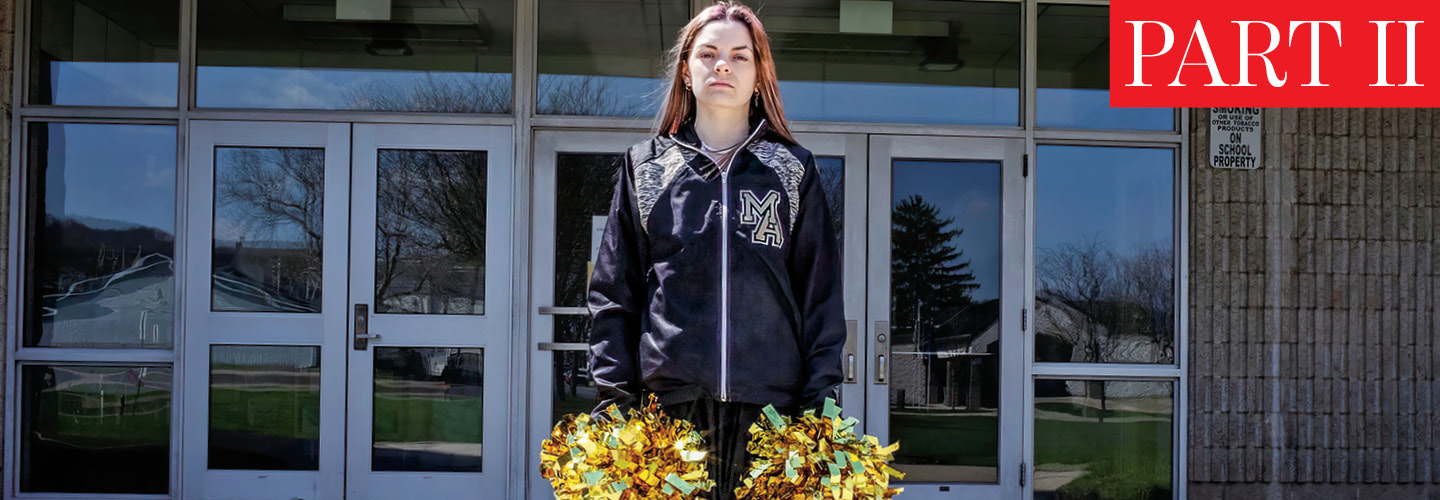Issue: School authority over students’ social media
Bottom Line: Off-campus student speech is mostly protected.
Background: In 2017, Brandi Levy, a ninth-grader at Mahanoy Area High School in Pennsylvania, sent a Snapchat message full of swear words to express her frustration at not having made the varsity cheerleading squad. She sent the message on a Saturday from a convenience store, but a cheerleading coach saw it, and the school suspended Levy from cheerleading for a year.
Levy (known as B.L. in court papers) sued the school district and won a sweeping victory in the U.S. Court of Appeals for the Third District, which said the First Amendment didn’t allow public schools to punish students for speech outside school grounds. The school district appealed.
Ruling: The Supreme Court ruled 8 to 1 that the school had violated Levy’s right to free speech by punishing her for something she said off campus. It was the first time in more than 50 years that a high school student won a free-speech case at the Supreme Court.
David Cole, legal director for the American Civil Liberties Union, which represented Levy in the case, called the ruling “a huge victory for the free-speech rights of millions of students who attend our nation’s public schools.”
Issue: School authority over students’ social media
Bottom Line: Off-campus student speech is mostly protected.
Background: In 2017, Brandi Levy was a ninth-grader at Mahanoy Area High School in Pennsylvania. That year, she posted a Snapchat full of swear words to express her frustration at not having made the varsity cheerleading squad. She sent the message on a Saturday from a convenience store, but a cheerleading coach saw it. The school then suspended Levy from cheerleading for a year.
Levy (known as B.L. in court papers) sued the school district. She won a sweeping victory in the U.S. Court of Appeals for the Third District. The ruling said the First Amendment didn’t allow public schools to punish students for speech outside school grounds. The school district appealed.
Ruling: The Supreme Court ruled 8 to 1 that the school had violated Levy’s right to free speech by punishing her for something she said off campus. It was the first time in more than 50 years that a high school student won a free-speech case at the Supreme Court.
David Cole, legal director for the American Civil Liberties Union, represented Levy in the case. He called the ruling “a huge victory for the free-speech rights of millions of students who attend our nation’s public schools.”

